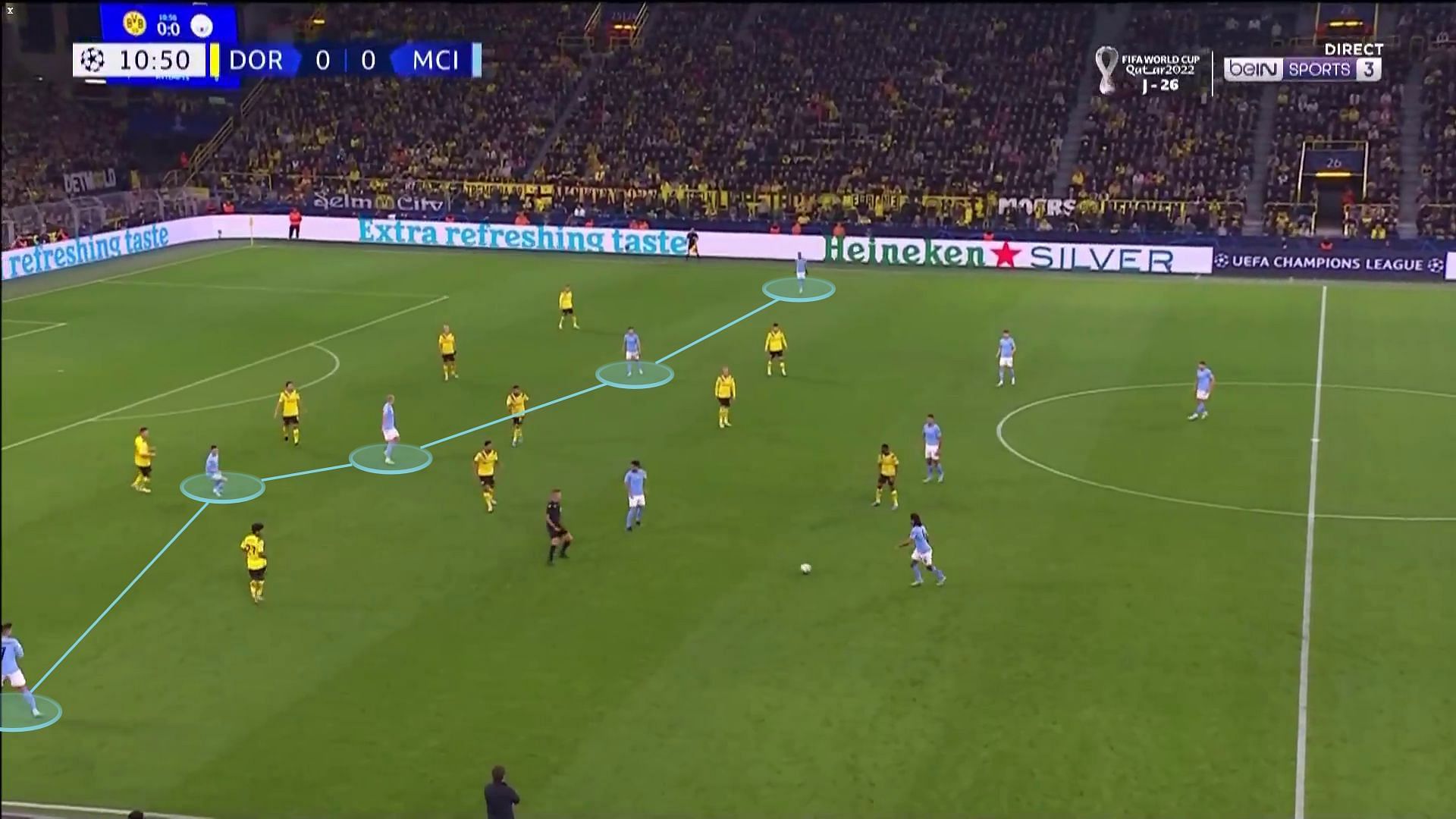
Tactical Brilliance or Boring Play? The Controversy Surrounding Defensive Football
In the world of football, debates over playing styles have been as common as the goals scored on the pitch. One of the most enduring controversies revolves around the dichotomy of defensive football: is it a display of tactical brilliance or a recipe for boring play?
As teams strive for success, the clash between attacking flair and defensive solidity continues to shape the narrative of the beautiful game. This article delves into the heart of this controversy, examining the nuances that make defensive tactics in soccer both a strategic masterclass and a source of frustration for fans.
The Rise of Defensive Football
The Evolution of Tactics
Over the decades, the beautiful game has witnessed a significant evolution in playing styles and tactics. While attacking prowess has often been celebrated, the rise of defensive strategies in soccer has been equally noteworthy.
Teams have adapted to changing trends, understanding that a solid defense can be the foundation for success. The era of "Total Football" gave way to systems that prioritized organization, discipline, and resilience at the back.
One of the watershed moments in the rise of defensive tactics was the success of Italian teams in the 1980s, particularly during the tenure of coach Arrigo Sacchi. His AC Milan side showcased a disciplined defensive structure that stifled opponents and laid the groundwork for success.
The tactical approach of zonal defending, offside traps, and quick transitions from defense to attack became hallmarks of teams looking to prioritize defensive solidity.
Pragmatism Over Aesthetics
As defensive tactics gained prominence, a shift in the philosophy of the beautiful game occurred, emphasizing pragmatism over aesthetic appeal. Coaches started to focus on results, recognizing that a well-organized defense could frustrate even the most potent attacking units.
This shift led to the emergence of "parking the bus," a term used to describe a team that prioritizes defensive stability by packing players behind the ball and playing with a low defensive block.
The 21st century has seen numerous examples of teams employing such defensive strategies to great effect. Notable instances include Jose Mourinho's Inter Milan in 2009–2010, famously clinching the UEFA Champions League with a defensive masterclass.
The mantra of "winning at all costs" became synonymous with Mourinho's approach, sparking debates about the balance between pragmatism and the aesthetic values traditionally associated with soccer.
The Frustration of Fans
While the defensive style of play may be revered for its tactical acumen, it often leaves fans divided. The frustration of spectators is palpable when witnessing a team prioritize defensive resilience at the expense of attacking flair.
The beautiful game, with its roots in creative expression and goal-scoring prowess, seems to be at odds with the more conservative, risk-averse nature of defensive football.
Critics argue that the emphasis on defensive solidity has led to a decline in entertainment value. Matches featuring defensive-oriented teams are often characterized by fewer goals, fewer attacking sequences, and a general lack of excitement.
Fans, accustomed to the thrill of end-to-end action, can find it challenging to appreciate the nuances of a tightly organized defensive system, leading to calls for a return to a more attacking brand of football.
Balancing Act: The Future of Defensive Football
Modern Innovations and Hybrid Styles
In the modern era, the lines between defensive and attacking football are becoming increasingly blurred. Many successful teams have found a balance between defensive solidity and attacking flair, adopting a hybrid approach that incorporates the best of both worlds.
Tactical innovations, such as the use of ball-playing center-backs, high-pressing defensive lines, and inverted full-backs, have allowed teams to defend resolutely while contributing to offensive play.
Coaches like Pep Guardiola and Jurgen Klopp have demonstrated how a proactive defensive approach, coupled with a commitment to a possession-based style of play, can yield success.
By pressing high up the pitch and recovering possession quickly, these teams have redefined defensive tactics as a means of controlling the game rather than simply absorbing pressure.
Embracing Diversity in Football
The diversity of playing styles is what makes soccer a global spectacle. While some teams excel in attacking prowess, others find success in defensive solidity. Embracing this diversity is crucial for the continued growth and appeal of the sport.
Rather than pitting defensive and attacking philosophies against each other, soccer enthusiasts should appreciate the range of tactics that teams employ to achieve their objectives.
In the ongoing debate over defensive football, it is essential to recognize that tactics evolve and the sport adapts to the strategic innovations of each era. While defensive football may elicit mixed reactions from fans, it undeniably represents a legitimate and effective approach to the game.